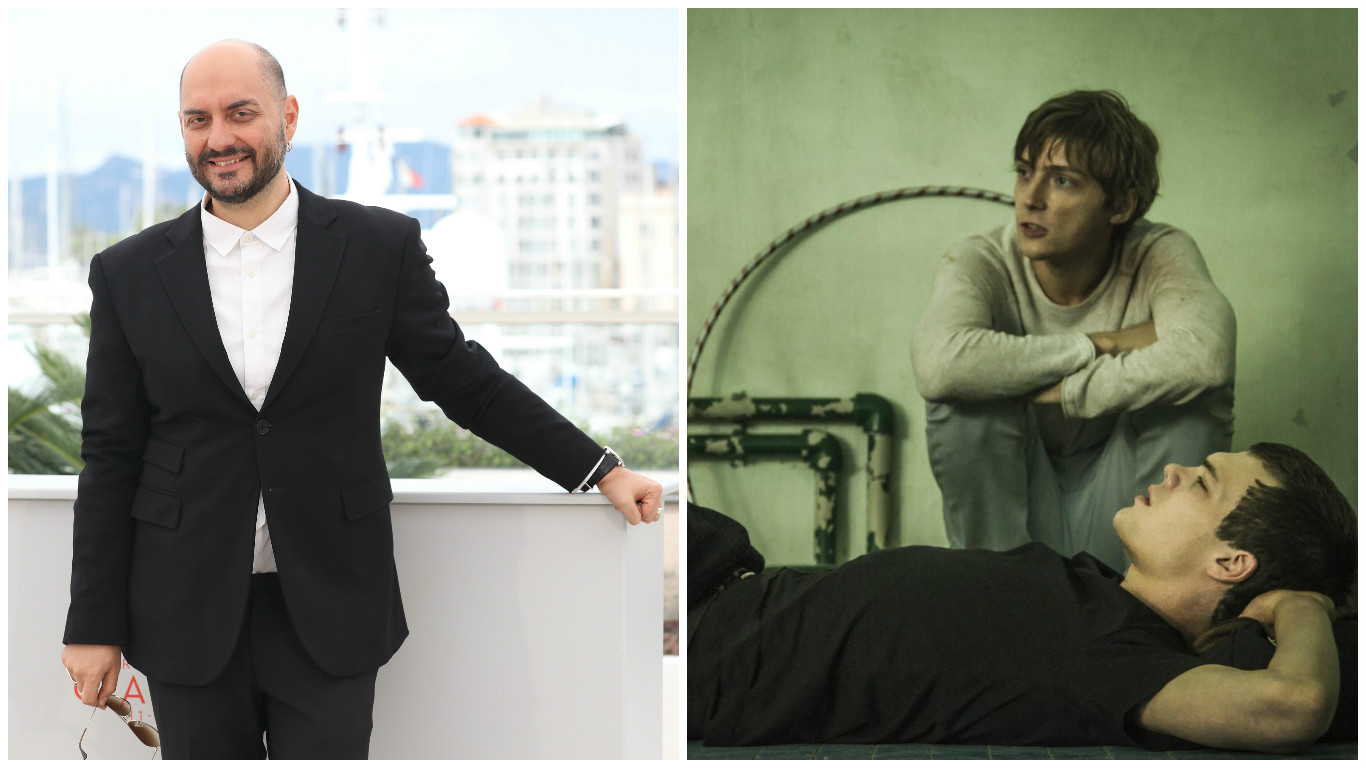
- Film
An Award-Winning Russian Film Confronts Fundamentalism, Indifference and Fear
Russian director Kirill Serebrennikov revisits the subject of escalating classroom drama in his new film (M)uchenik. Well received at the Cannes Film Festival, (M)uchenik just earned Serebrennikov the “best director” award at the 27th Kinotavr Open Russian Film Festival in Sochi.
Adapting from Martyr, German playwright Marius von Mayenburg's dark portrait of fundamentalist fever, Serebrennikov went back to the teen angst that marked his 2006 picture Playing the Victim, turning (M)uchenik into an unexpected generational face-off centered around troubled young man with a Bible fixation.
Veniamin (Petr Skvortsov) is a troubled young man. When he starts cutting class and ditching swim practice because, he says, it goes against his religious beliefs, his mother (Julia Aug) suspects drugs and scoffs at his excuse. However, we realize that’s just part of the film’s larger societal critique.
With his mother an ineffectual presence at home, Veniamin is most engaged by two people at school: an impressionable classmate, Grisha (Aleksandr Gorchilin), who was born with one leg shorter than the other and who seems the perfect disciple Veniamin craves; and Elena (Viktoriya Isakova), his thirtysomething science teacher who finds her lesson plans increasingly challenged by this willful boy. When Elena tries to promote condom use, Veniamin loudly declares that sex can only happen within a marriage—and that the act is for reproduction only. He gets so excitable that he strips naked in front of the class in protest. Elena herself is under pressure from the school principal (Svetlana Bragarnik), who thinks the teacher is being too provocative by, for instance, teaching evolution without also discussing creationism.
Three years ago Russian president Vladimir Putin passed a bill enforcing mandatory religious education in all state schools. The law allowed students and their parents a choice between six religious disciplines, the dominant ideology of Orthodox Christianity chief among them. It stood somewhat in conflict with the official separation of church and state, placing clear emphasis on how far modern Russia has drifted from the enforced atheism of Communist rule.
As portrayed in (M)uchenik, schools still appear to be in a transitional phase when dealing with the new issue of religion in the classroom. The matter is even more significant because the film takes place in Kaliningrad Oblast, an enclave on the coast of the Baltic Sea caught between different geographical and political identities.
"We shot the film for the Russian audience”, Serebrennikov says. “In regards to the Western audience, I thought: ‘what do we know about them? They are all different, everyone has their own problems, it is impossible to calculate.’ “
(M)uchenik, however, does have a global theme, he adds. “The film criticizes hypocrisy and indifference, criticizes people who are very easy to agree with any of the carriers of extreme, extremist ideas … It is really about a global loss of everything in the face of obscurantism, the global confusion of different people, the ideological inertia when faced with madness and fear. Fear of being honest, true, fear of the other. Ultimately, it is all to do with totalitarian longings."

